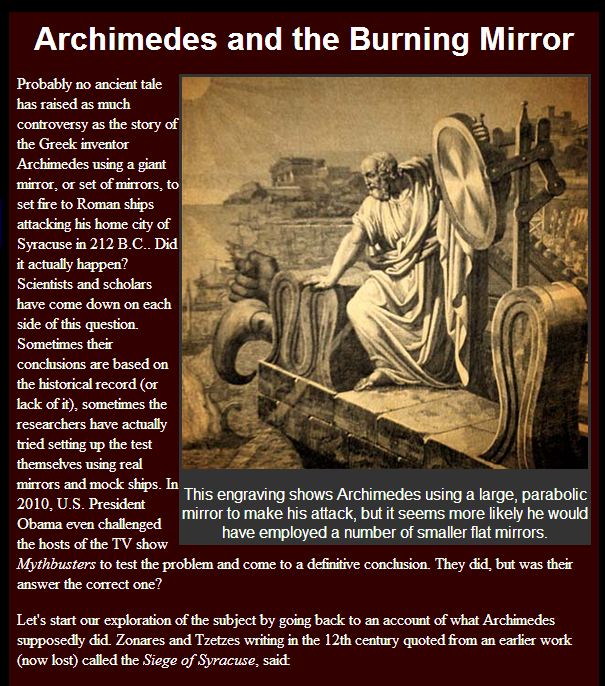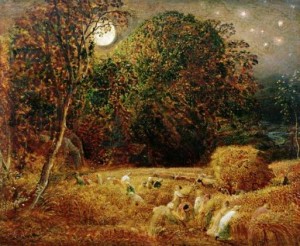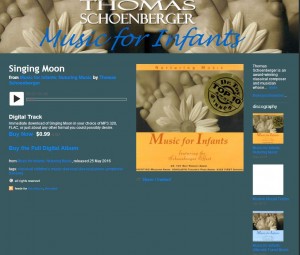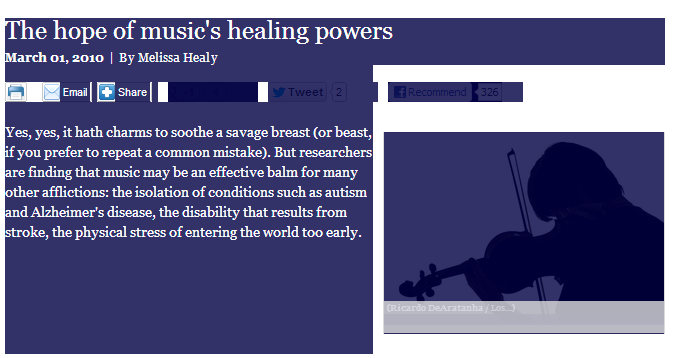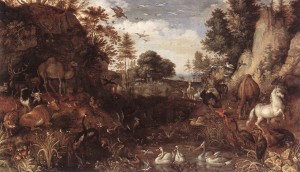 In one of his many writings on water, its properties and characteristics, Da Vinci observed:
In one of his many writings on water, its properties and characteristics, Da Vinci observed:
The waters circulate with constant motion from the utmost depths of the sea to the highest summits of the mountains, not obeying the nature of heavy matter; and in this case it acts as does the blood of animals which is always moving from the sea of the heart and flows to the top of their heads; and here it is that veins burst–as one may see when a vein bursts in the nose, that all the blood from below rises to the level of the burst vein. When the water rushes out of a burst vein in the earth it obeys the nature of other things heavier than the air, whence it always seeks the lowest places. These waters traverse the body of the earth with infinite ramifications.
For this otherworldly polymath, who understood well the elemental nature of water, this construct still holds true, five centuries after he wrote it.
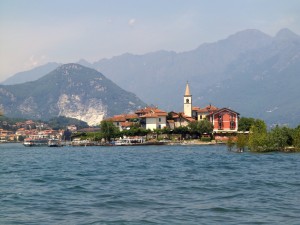 In some of my music, I have incorporated the sound of old cathedral bells, having listened to them many times during my travels to Florence and Milan. Of special interest has been the northern Italian lake region, Lago Maggiore and Lake Como, the mystical region that has inspired much of my composing.
In some of my music, I have incorporated the sound of old cathedral bells, having listened to them many times during my travels to Florence and Milan. Of special interest has been the northern Italian lake region, Lago Maggiore and Lake Como, the mystical region that has inspired much of my composing.
Always while in Italy, I speak to people about the flood of 1966, since having personally experienced flooding in Florence, I cannot even begin to describe the sheer viscera of watching mud heaving forth, and the river turning dark, choppy, furious.. In many of my winter sojourns, I have grabbed my travelling companion, ran in the rain to an Osteria, steeled myself with a Macchiato, and ran back to my abode to compose more music, using the crescendo of the furious raindrops as my meter.
But back to Da Vinci and his observations. Da Vinci would have much to say if he were alive today. I believe he would have ideas about Super Storm Sandy, the droughts, the Tsunami, the Hurricanes and blizzards. He would , above most ancient genius’s , be a constructive voice in civil engineering, promoting reasonable protective barriers to protect our worlds populations from the ravages of “climate change”. I further believe he would be experimenting with vibration, as an audio barrier, to contain an encroaching sea. The music I have written in this region of the world,is amber liquid in nature, limpid engorged pieces molding into torrents of tonal passages that, like a bursting of veins, descend upon the listener like a deluge from the seas.
Music must break it’s banks sometimes, like rivers misbehaving, like rain upon a windowpane, and then must be like a giant ocean, silent in it’s profound depth.
Thomas Schoenberger
Read More
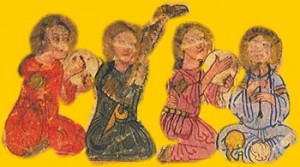 Professor Noel Sharkey has argued that it is quite likely that it was an early programmable automata and has produced a possible reconstruction of the mechanism; it has a programmable drum machine with pegs (cams) that bump into little levers that operated the percussion. The drummer could be made to play different rhythms and different drum patterns if the pegs were moved around.I have included an image of the “oddest band in history” at left.
Professor Noel Sharkey has argued that it is quite likely that it was an early programmable automata and has produced a possible reconstruction of the mechanism; it has a programmable drum machine with pegs (cams) that bump into little levers that operated the percussion. The drummer could be made to play different rhythms and different drum patterns if the pegs were moved around.I have included an image of the “oddest band in history” at left.
